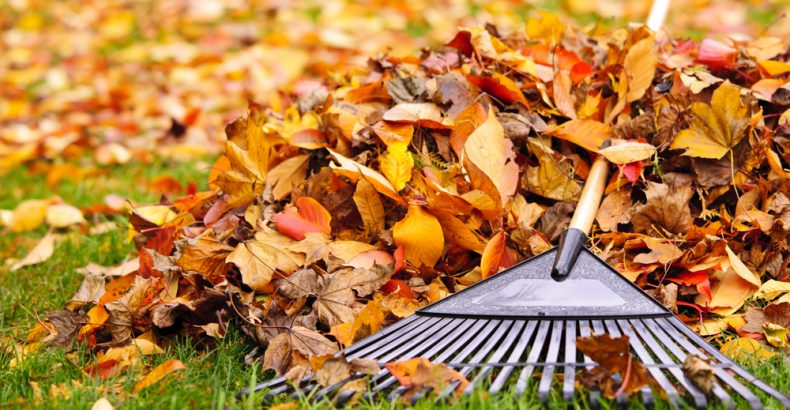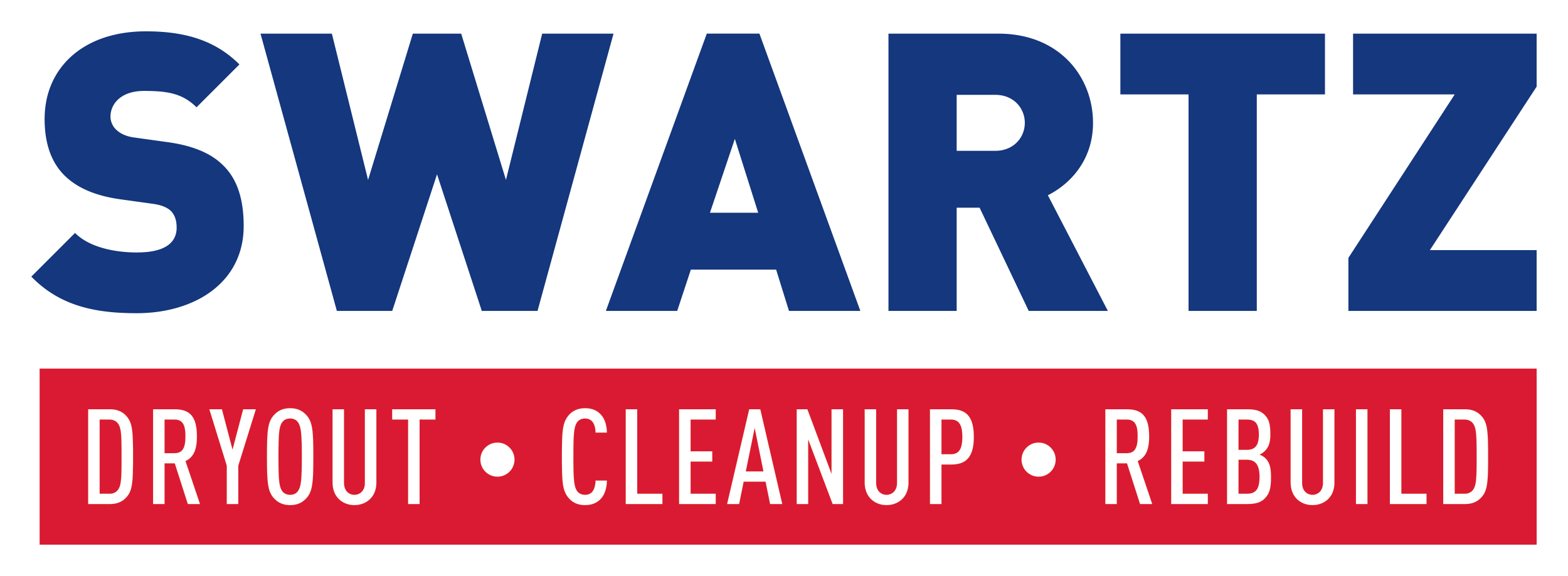
Do you know how to properly dispose of leaves?
It’s that time of year again: cool, crisp air, pumpkins everywhere, and those dreaded autumn leaves all over your lawn. You know you want them gone, but how are you going to dispose of them? There are several safe ways to dispose of your growing pile of leaves, but burning them is not one of those ways.
Some people burn their leaves, but most of them are doing so illegally. In most states, leaf burning is illegal because of the hazardous effects it has: it affects the respiratory system, creates reduced visibility, and pollutes the air. Much like cigarette smoke, burning leaves, tree needles, brush, and grass can cause a number of health problems such as asthma, emphysema, bronchitis, and even lung cancer. The poor air quality affects the elderly, children, and those with breathing problems the most.
Another risk of burning leaves is wildfires spread by people burning in their backyards. If you do happen to cause a wildfire, you can be responsible for the cost to put the fire out, which can become costly. Leaves contain beneficial micronutrients, so burning them also wastes the micronutrients in them.
Ohio has open burning laws you must be aware of before you start to burn. Open burning is any outdoor fire that does not vent to a chimney or a stack. Even burning clean wood could emit harmful chemicals; therefore, you can imagine what burning dirty leaves and brush could do to the environment. You are putting your health, your neighbors’ health, your environment, and your home at risk. You also put your money at risk: if you are caught burning leaves illegally, you could face serious penalties and fines. Protect yourself and your wallet by learning the open burning laws before you begin to burn any leaves, brush, tree needles, or grass.
Ohio law states that with few exceptions, open burning is not permitted within any city or village, corporation limits, a 1,000-foot zone outside of a municipal corporation where the population is 1,000 to 10,000 people, or corporation limits and one-mile zone outside of municipal corporation for a population more than 10,000 people. If you are caught burning, fines can be up to $20,000. These materials cannot be burned at any time in the state of Ohio: materials containing rubber, grease and asphalt, or made from petroleum, plastics or garbage. These materials can be burned under normal circumstances: heating tar, cooking for human consumption, welding and acetylene torches, smudge pots, and heating for warmth.
There are several safer alternatives to burning your leaves, ones that will not have you paying hefty fines or facing the penalties if caught.
- Leave them to lie – if you let the leaves lie around your plants, they can be used as mulch
- Shred while mowing – by doing this, the leaves will decompose and nourish your lawn next spring
- Bag them up – you will need to check your local regulations to see which bags are allowed, but bagging them will protect them from the wind and rain while you wait for them to be picked up.
- Pile leaves at the curb for them to be vacuumed – pile your leaves as close to the pickup date as possible and do not cover storm drains or block fire hydrants. Also, never park over leaves, as it is a fire hazard.
Proper disposal of leaves is essential, not only for your health, but for your wallet, and the safety of others around you and the environment. Remember, if you are thinking about burning leaves, check with your city regulations before you put yourself and others at risk of health problems, wildfires, and environmental hazards.
Did you know Swartz Contracting & Emergency Services can help with fire restoration projects from boarding up, to clean up, to restore your property to pre-loss condition? For more information, contact us today!
